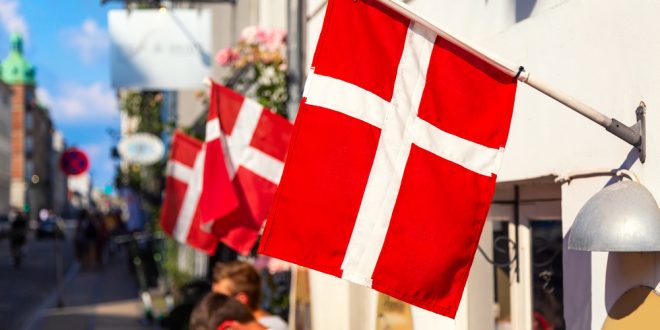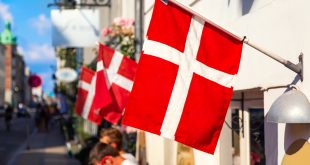Danish gambling authority Spillemyndigheden has published its latest report exploring player gambling behaviours across Denmark’s market in 2023, citing an overall 2023 GGR of DKK 6.8bn, up 1% on the previous year
To ensure that the gambling market in Denmark is well-regulated, Spillemyndigheden publishes monthly statistical reports on its website for added transparency.
The gambling sectors defined in the Danish Gambling Act include lotteries, class lotteries, charity lotteries, online casino, land-based casino, betting, as well as slot machines.
The Market in Numbers
Online casino holds first place for shares in the four focus segments market, owning some 45.28% of the total GGR which translates to DKK 3.077bn (£351m) from January to December 2023 – a 5.95% YoY increase from the same period in 2022.
Betting retains the second-biggest share, with a total of 32.09% or DKK 2.180bn (£248m). That’s a 5.91% decline YoY.
For bettors, in 2023 mobile betting seemed to be the most preferable way to wager (60.9%), with land-based coming in second (24.82%) and computer betting being third (14.28%).
Gaming machines come in third with 17.3% or DKK 1.176bn (£134m) – a 1.79% increase from the previous year.
Although still significant, land-based casino is ranked last with 5.33% or DKK 362m (£41m) – an uptake of 3.63% YoY.
All data relating to gross gambling revenue (GGR) is lifted from reports on duties submitted to the Danish Tax Agency.
Responsible Gambling
Denmark’s efforts towards nurturing a responsible gambling environment have also seen improvements, with the country’s self-exclusion scheme ROFUS now being more accessible than ever.
In total, the register had 46,152 people signed to it in December 2023, with permanently registered and temporary registered divided by 30,804 and 15,348 respectively.
Furthermore, the gambling helpline to the Danish Gambling Authority, StopSpillet, saw a total of 523 relevant conversations taking place throughout 2023, with concerned players making out 58.7% of the total, concerned relatives having 40% of the share, and conversations with consultants being 1.3%.
Those exhibiting problem gambling behaviour have mostly wagered through online casino (41.7%) and online betting (33.7%).









